Holidays keep the memories of the past alive and help us share them with newer generations.
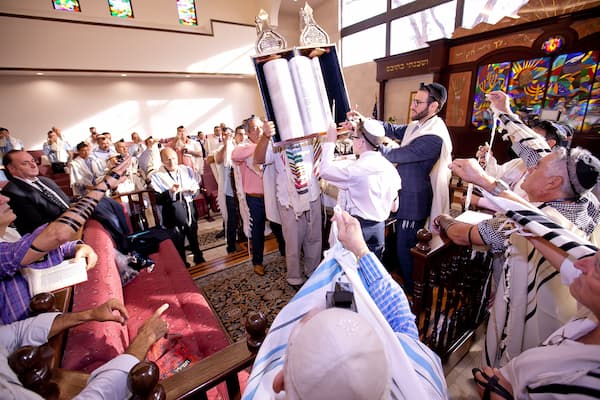
| Jewish Holidays 2022-2026 | |||||
|---|---|---|---|---|---|
| 2022 | 2023 | 2024 | 2025 | 2026 | |
| Purim | March 16-17 | March 6-7 | March 23-24 | March 13-14 | March 3-4 |
| Passover | April 15-22 | April 5-13 | April 22-30 | April 12-20 | April 1-9 |
| Shavuot | June 4-7 | May 25-27 | June 11-13 | June 1-3 | June 21-23 |
| Rosh Hashana | Sept. 25-27 | Sept. 15-17 | Oct. 2-4 | Sept. 22-24 | Sept. 11-13 |
| Yom Kippur | Oct. 4-5 | Sept. 24-25 | Oct. 11-12 | Oct. 1-2 | Sept. 20-21 |
| Sukkot (First Days) | Oct. 9-11 | Sept. 29-Oct. 1 | Oct. 16-18 | Oct. 6-8 | Sept. 25-27 |
| Simchat Torah | Oct. 16-18 | Oct. 6-8 | Oct. 23-25 | Oct. 13-15 | Oct. 2-4 |
| Hanukkah | Dec. 18-26 | Dec. 7-15 | Dec. 25-Jan. 2 | Dec. 14-22 | Dec. 4-12 |
| Major Holidays (Religious observance, where no work is permitted - writing, driving etc.): Rosh Hashanah, Yom Kippur, First Days of Sukkot, Simchat Torah, Passover and Shavuot | |||||
| Non major holidays (Work is permitted but due to the holiday, people may have events and services): Hanukkah, Purim | |||||
| NOTE: The Jewish calendar date begins at sundown of the night beforehand. Thus all holiday observances begin the night before, as listed. | |||||

Shabbat is observed every week beginning at sunset on Friday evening and ending after dark on Saturday evening. For religiously observant Jews, Shabbat is as important as any other holy day. We do not work or travel on Shabbat.
Rosh Hodesh (ראש חודש) (lit., "head of the month") is a minor holiday or observance occurring on the first day of each month of the Jewish calendar, as well as the last day of the preceding month if it has thirty days.
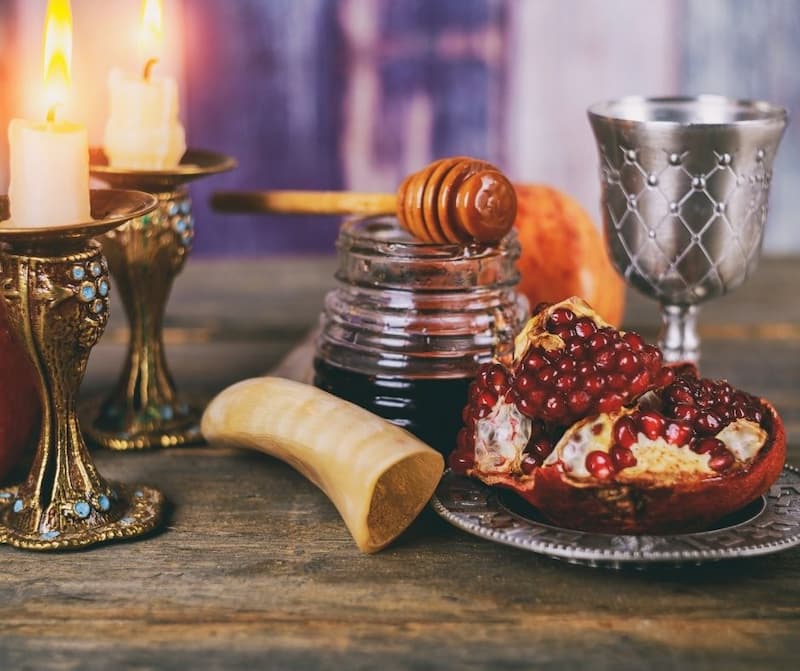
The Jewish New Year, the beginning of ten days of penitence or teshuvah culminating on Yom Kippur. Traditionally celebrated with sweet or round foods such as apples and honey, and the blowing of the shofar, a hollowed-out ram’s horn, during religious services. A customary greeting is shanah tovah or “Happy New Year!”
Yom Kippur (יום כיפור) is the holiest day of the year for Jews. Its central theme is atonement and reconciliation. This is accomplished through prayer and complete fasting—including abstinence from all food and drink (including water)—by all healthy adults. Yom Kippur is also unique among holidays as having work-related restrictions identical to those of Shabbat.
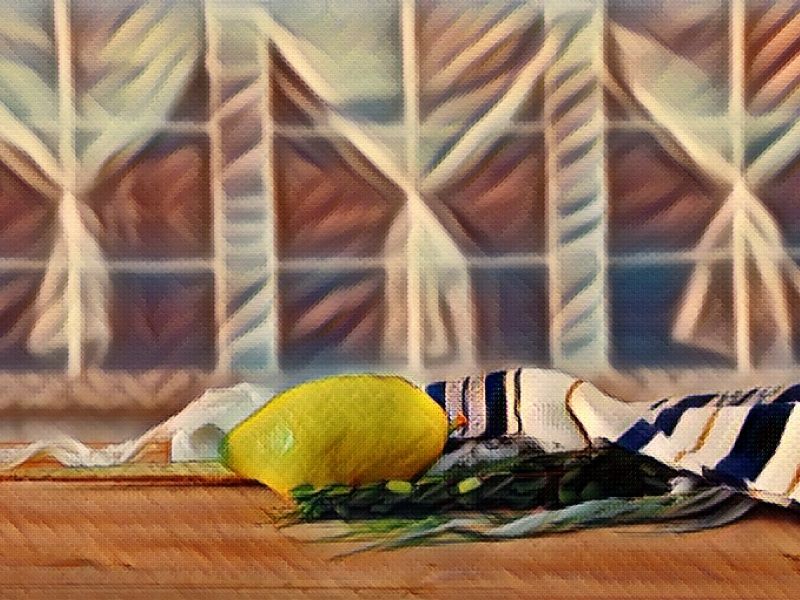
The week-long harvest festival of Sukkot, or “Feast of Tabernacles,” commemorates the dwelling of the Israelites in temporary booths (sukkot in Hebrew) during their 40-year sojourn in the Sinai desert. Many families build their own sukkah in which it is customary to eat meals and sleep, and to shake the lulav, a palm frond bound together with myrtle and willow branches, and the etrog, a kind of citrus known as the “Moroccan citrus.”
The holiday of Shemini Atzeret (שמיני עצרת) immediately follows the conclusion of the holiday of Sukkot.
The main notable custom of this holiday is the celebration of Simchat Torah (שמחת תורה), meaning "rejoicing with the Torah".
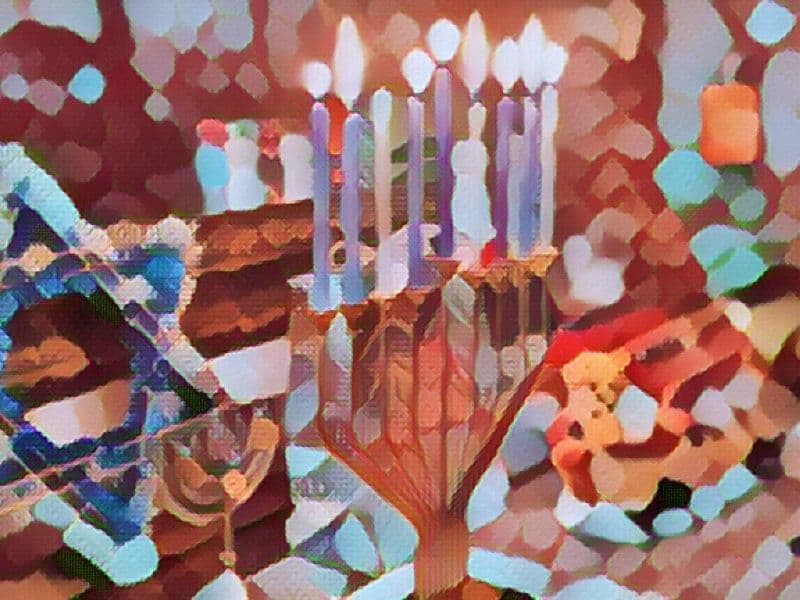
The eight-day festival of Hanukkah—or "Festival of Lights"—commemorates the miraculous victory of the Maccabees and rededication of the Temple in Jerusalem. Hanukkah is NOT the Jewish equivalent of Christmas!! In fact, it is a relatively minor Jewish holiday (in religious terms) which unlike most other Jewish holidays, has no restrictions whatsoever on work or travel—although many Jewish families and communities get together to celebrate this festive holiday. It is customary to eat fried foods such as sufganiyot.
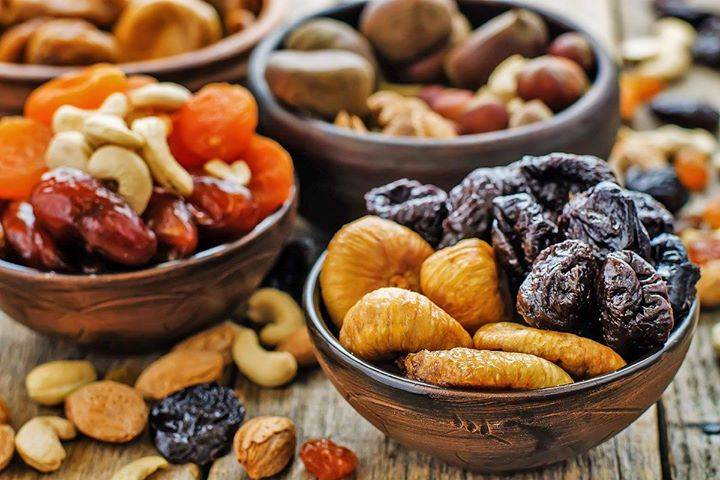
Tu Bishvat (ט"ו בשבט) (lit., "fifteenth of Shevat”, as ט״ו is the number "15" in Hebrew letters), is the new year for trees. According to the Mishnah, it marks the day from which fruit tithes are counted each year. Starting on this date, the biblical prohibition on eating the first three years of fruit (orlah) and the requirement to bring the fourth year fruit (neta revai) to the Temple in Jerusalem were counted.

Purim (פורים) commemorates the events that took place in the Book of Esther.
The principal celebrations or commemorations include: The reading of the Megillah, the giving of Mishloakh Manot, gifts of food and drink to friends and neighbors, giving of Matanot La'evyonim, gifts to the poor and the needy.
Passover (פּסח) (Pesach), also known liturgically as חג המצות ("Ḥag haMatzot", the "Festival of Unleavened Bread"), is one of the Three Pilgrimage Festivals (shalosh regalim) mentioned in the Torah. Passover commemorates the Exodus, the liberation of the Israelite slaves from Egypt. No chametz (leavened food) is eaten, or even owned, during the week of Passover.
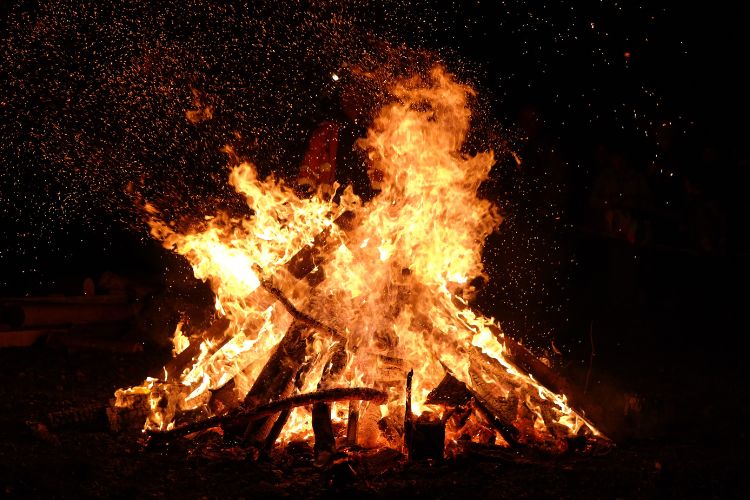
Lag Ba'Omer (לַ״ג בָּעוֹמֶר) is the 33rd day in the Omer count (לַ״ג is the number 33 in Hebrew). By Ashkenazi practice, the semi-mourning observed during the period of Sefirah (see above) is lifted on Lag Ba'Omer, while Sefardi practice is to lift it at the end of Lag Ba'Omer. Minor liturgical changes are made on Lag Ba'omer; because mourning practices are suspended, weddings are often conducted on this day.
More on Lag BaOmer >
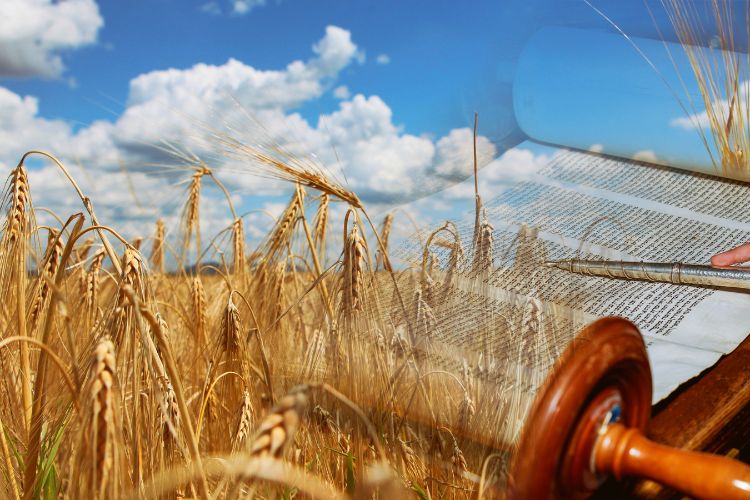
Shavuot (שבועות), the Feast of Weeks, is one of the three pilgrimage festivals (Shalosh regalim) ordained in the Torah. Different from other biblical holidays, the date for Shavuot is not explicitly fixed in the Torah. Instead, it is observed on the day following the 49th and final day in the counting of the Omer. In the current era of the fixed Jewish calendar, this puts the date of Shavuot as 6 Sivan. In Israel and in Reform Judaism, it is a one-day holiday; elsewhere, it is a two-day holiday extending through 7 Sivan.
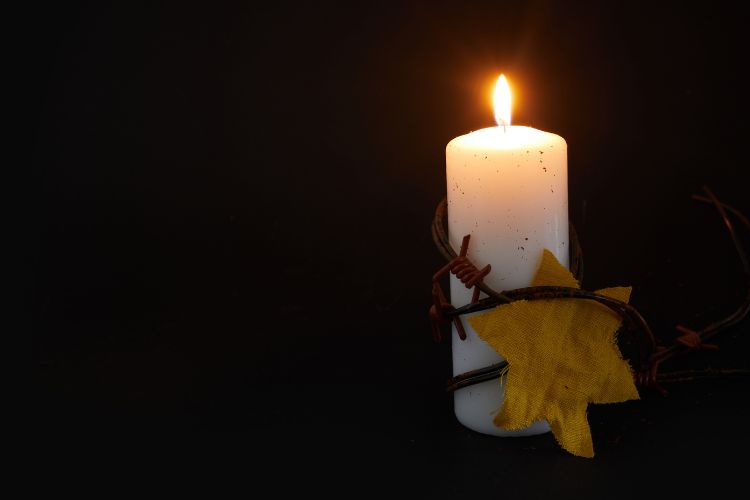
Tisha B'Av (תשעה באב) is a major fast day and day of mourning. A Midrashic tradition states that the spies' negative report concerning the Land of Israel was delivered on Tisha B'Av. Consequently, the day became auspicious for negative events in Jewish history. Most notably, both the First Temple, originally built by King Solomon, and the Second Temple of Roman times were destroyed on Tisha B'Av. Other calamities throughout Jewish history are said to have taken place on Tisha B'Av.
Visually interact and learn about our nearly 6000 year history.
An interactive tour through our rich heritage spanning from 900 B.C.E.
Learn about our numbers, languages and population.
The greatest minds, philosophers and authors of their time.
Everything you wanted to know about Sephardic customs.
Learn our traditions for brit to marriage and bereavement.
Food is the universal thing that has the power to bring people together.
Listen to the rich repertory of Sephardi music and prayers.
Connect to our calendar for the latest events and happenings.
Read real-time updates as the relates to the Sephardic world.
We welcome you to join us virtually for Shacharit and Arvit.
Make new friends while expanding your mind. Quarterly. Join now.
View the full list of every Jewish holiday and observance.
Browse through our recommended reading list of over 100 books.
Download our guides to help you plan for the Holidays.
We welcome all in need of prayer, healing or Kaddish.
Get notified about new articles

Login to your account
Get notified about new articles